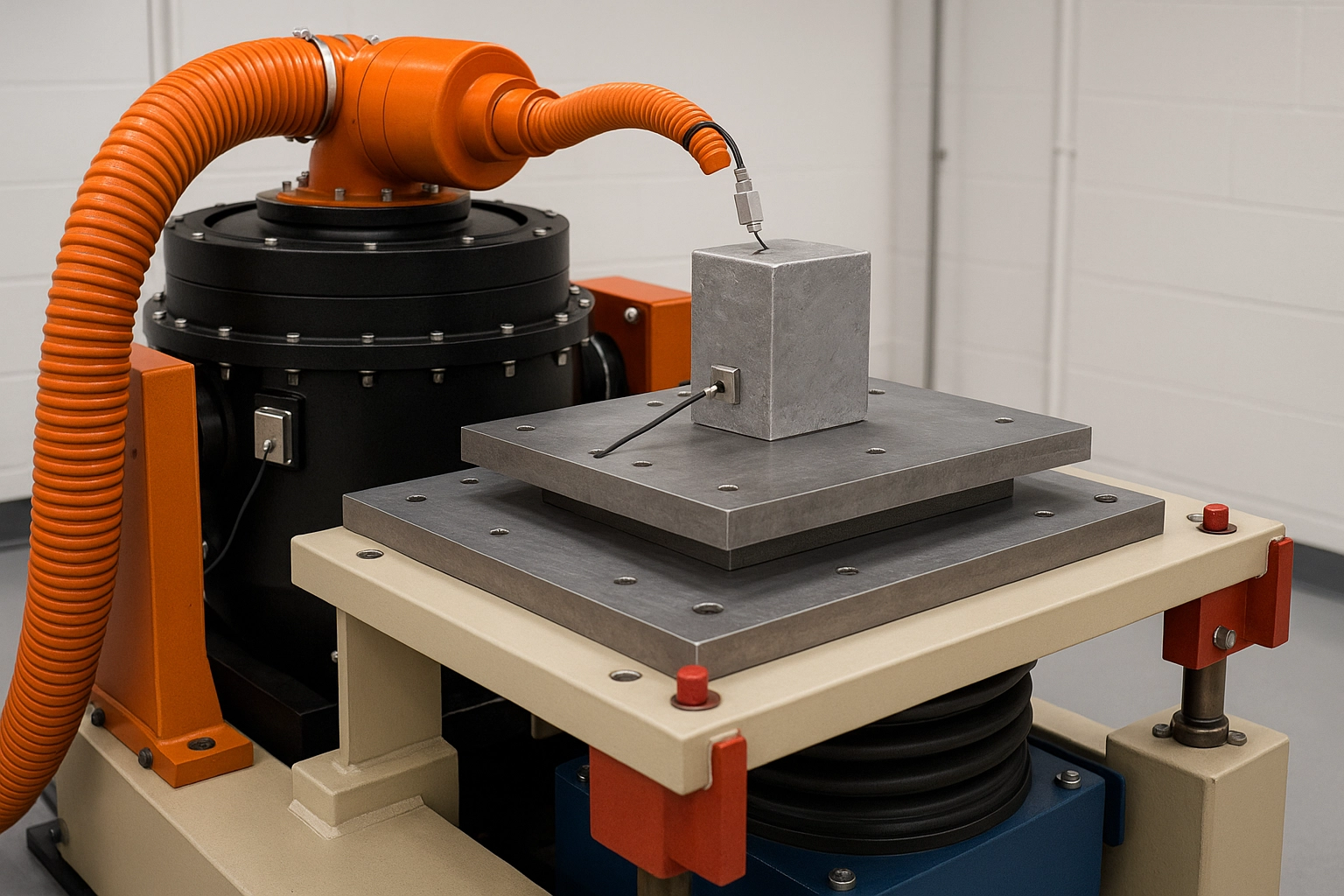SAE J2464 Shock and Crush Test for Vehicle Batteries
The SAE J2464 standard specifies a method to determine the capability of vehicle batteries to withstand mechanical shock and crush loads. This test is particularly important in the automotive sector where battery integrity during accidents or road impacts can significantly impact safety and performance.
SAE J2464 defines the procedures for subjecting batteries to controlled shock and crush events to evaluate their structural integrity, energy storage capacity, and operational reliability under severe conditions. The test is conducted to ensure that vehicle batteries meet the necessary durability and safety requirements as outlined in international standards such as ISO 16750-3.
The SAE J2464 test protocol involves subjecting a battery pack to a series of mechanical shocks followed by static crush loads. The shocks are typically applied using a drop hammer or similar device, while the crushing is done with a hydraulic press. The intensity and duration of these events are carefully controlled to simulate real-world conditions that may be encountered during vehicle operation.
During the test, various parameters are monitored including voltage, current, temperature, and structural deformation. These measurements help assess the battery's performance under stress, ensuring it remains safe and functional post-test. Compliance with SAE J2464 is crucial for automotive manufacturers aiming to meet stringent safety regulations and enhance product reliability.
The test setup requires specialized equipment capable of generating controlled shock pulses and applying precise crush loads. This includes drop towers, hydraulic presses, data acquisition systems, and environmental chambers to simulate various operating conditions. The instrumentation must be calibrated regularly to ensure accurate and repeatable results.
Compliance with SAE J2464 is not only a regulatory requirement but also an essential step in ensuring product safety and performance. Failure to meet these standards can lead to recalls, legal issues, and reputational damage. By adhering to this standard, manufacturers can demonstrate their commitment to quality and safety, thereby gaining competitive advantage in the market.
The test procedure is designed to simulate real-world scenarios where batteries may be subjected to shocks or crush loads during accidents or other severe conditions. This ensures that vehicle batteries are reliable under extreme circumstances, enhancing overall vehicle safety. The standard covers a range of battery types and sizes used in various applications, including electric vehicles (EVs) and hybrid electric vehicles (HEVs).
Understanding the SAE J2464 test protocol is crucial for quality managers, compliance officers, R&D engineers, and procurement professionals involved in battery development and manufacturing. This knowledge ensures that batteries are rigorously tested to meet stringent standards, thereby improving product reliability and safety.
Why It Matters
The SAE J2464 shock and crush test is critical for the automotive sector as it directly influences the performance and safety of electric vehicle (EV) batteries. In the event of a crash, the integrity of the battery pack must be maintained to prevent short circuits or fires that could endanger passengers and bystanders.
By adhering to this standard, manufacturers ensure that their products meet rigorous international safety standards such as ISO 16750-3. This not only protects consumers but also helps companies avoid costly recalls and legal disputes. Compliance with SAE J2464 is essential for maintaining a positive brand image and ensuring regulatory compliance.
The test provides valuable insights into the durability of battery packs under extreme conditions, helping R&D engineers refine designs to improve performance and safety. By identifying potential weaknesses early in the development process, manufacturers can address issues before they become critical problems during production or use.
For procurement professionals, understanding SAE J2464 ensures that suppliers meet the required standards, reducing the risk of substandard components being used in vehicles. This enhances overall product quality and reliability, which is crucial for maintaining customer trust and satisfaction.
Benefits
- Enhanced Safety: Ensures that batteries can withstand mechanical shocks and crush loads without compromising safety or performance.
- Regulatory Compliance: Helps manufacturers meet international standards like ISO 16750-3, reducing the risk of non-compliance penalties.
- Risk Mitigation: Identifies potential issues early in the development process, minimizing the risk of costly recalls and product failures.
- Improved Product Quality: Provides valuable data on battery performance under stress, allowing for continuous improvement in design and manufacturing processes.
- Increased Market Confidence: Demonstrates a commitment to quality and safety, enhancing brand reputation and customer trust.
- Ethical Manufacturing Practices: Ensures that batteries are produced with the highest standards of integrity, contributing to a safer automotive ecosystem.





